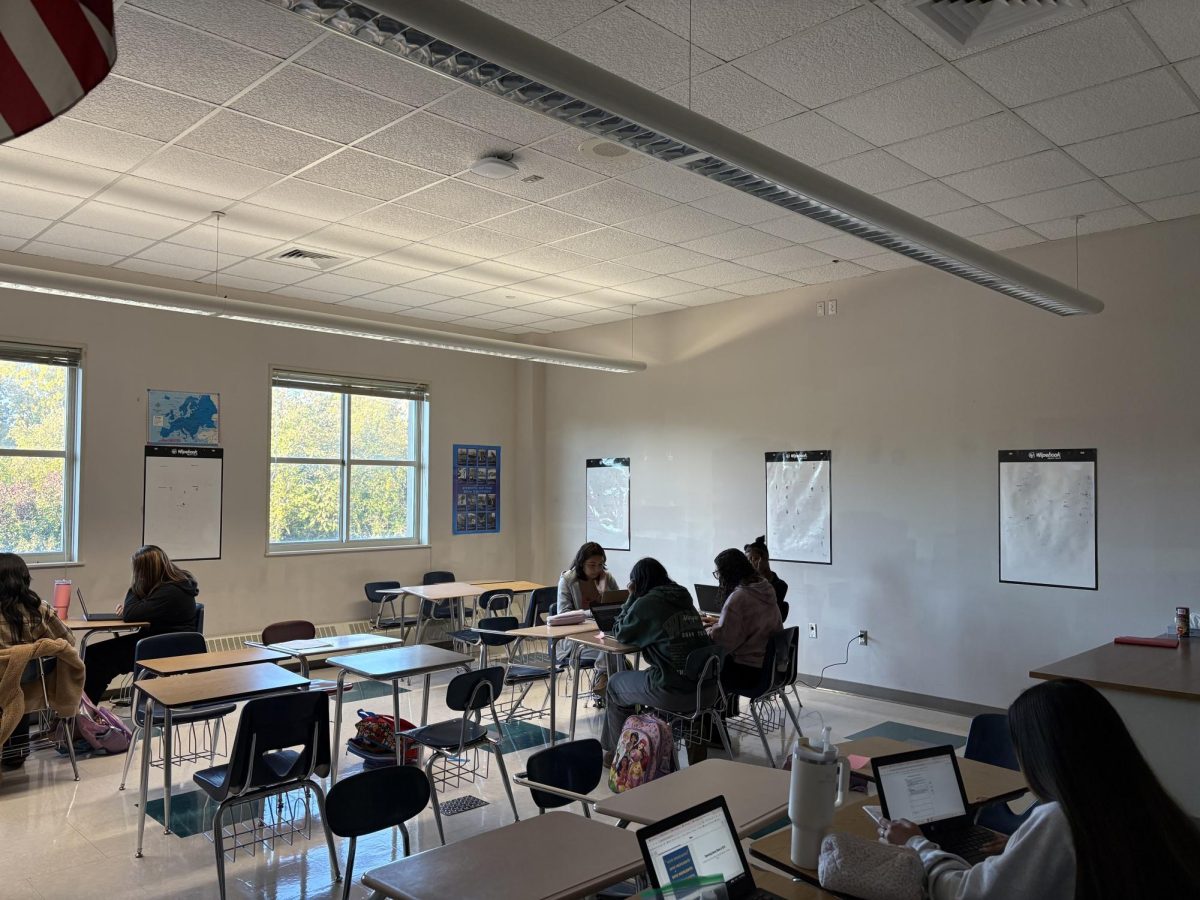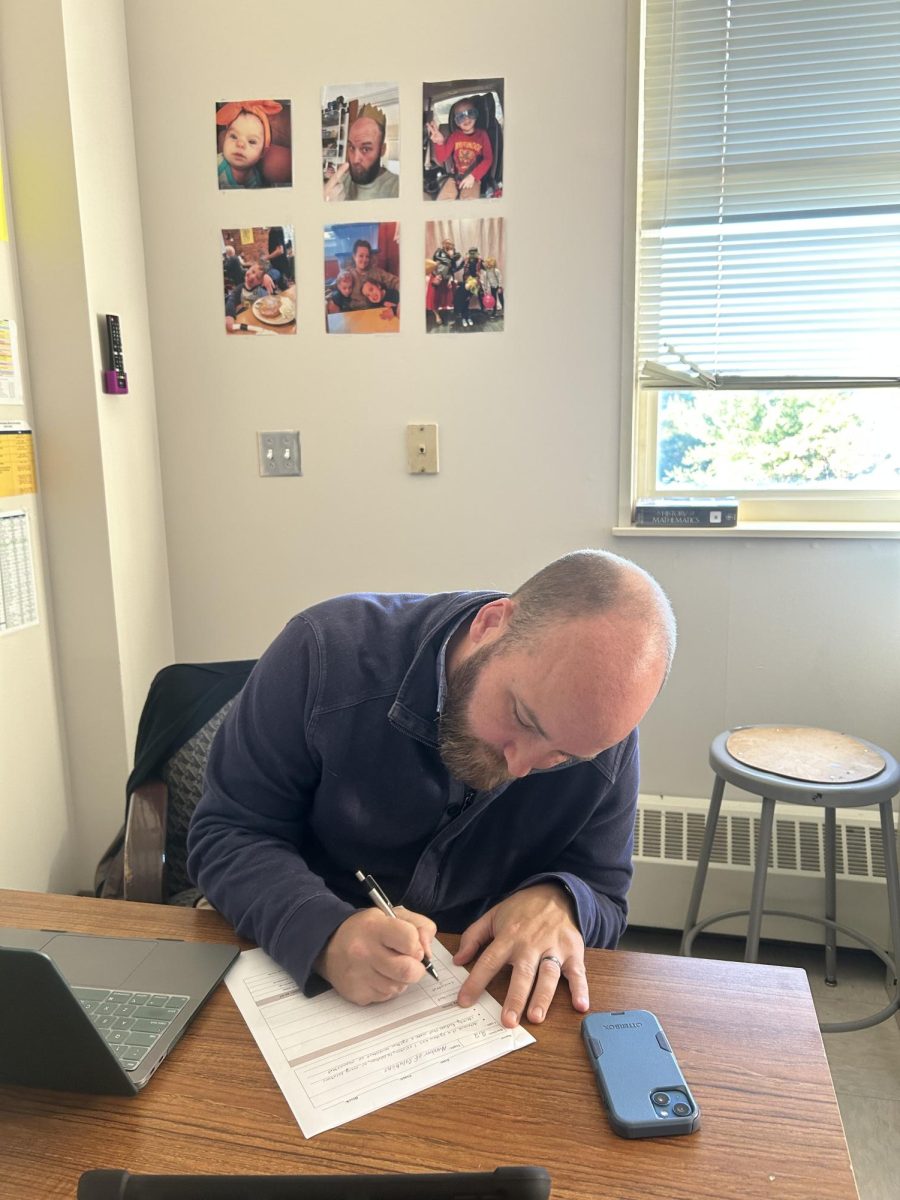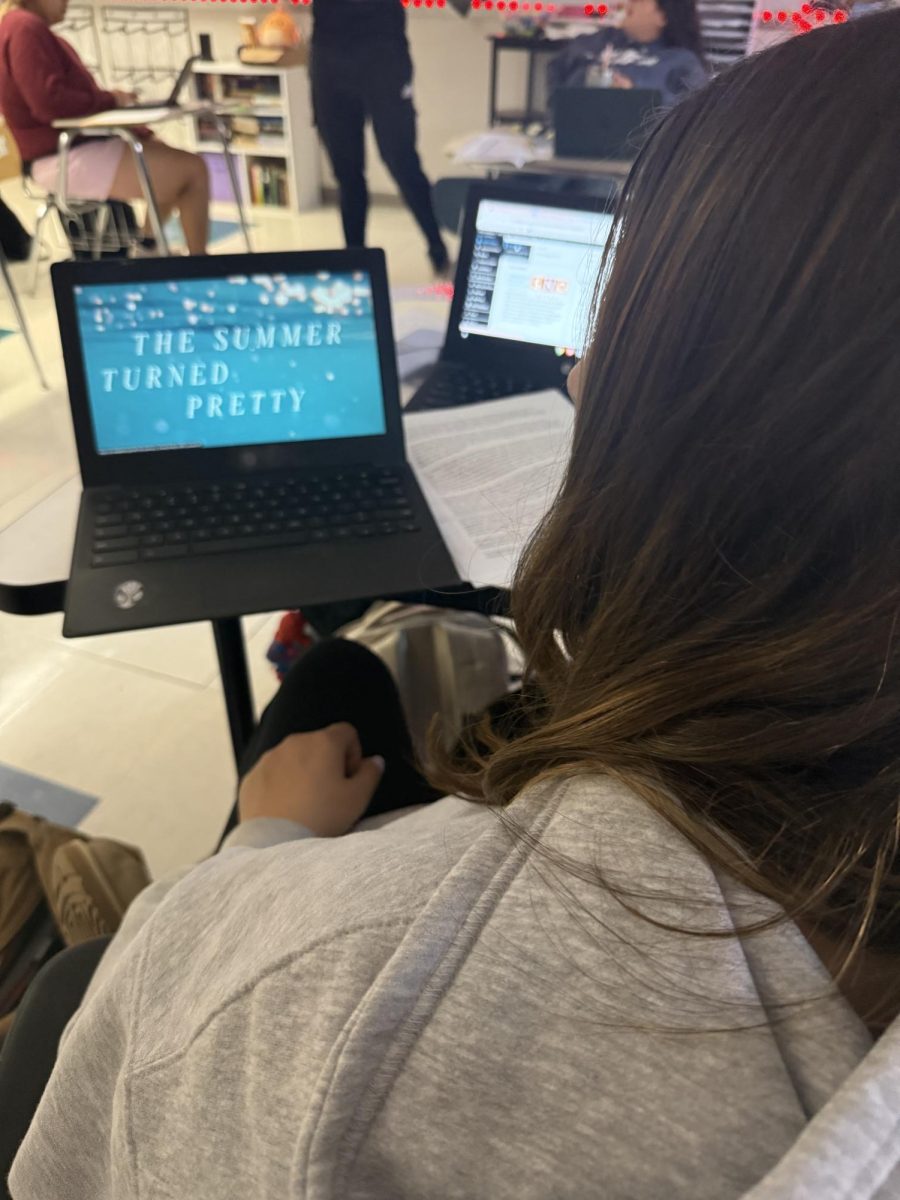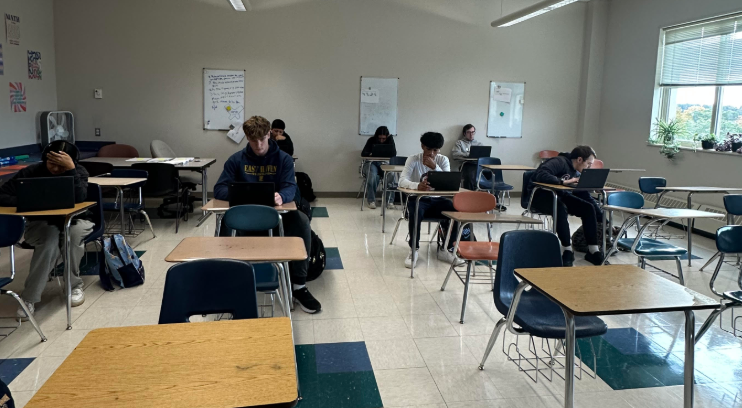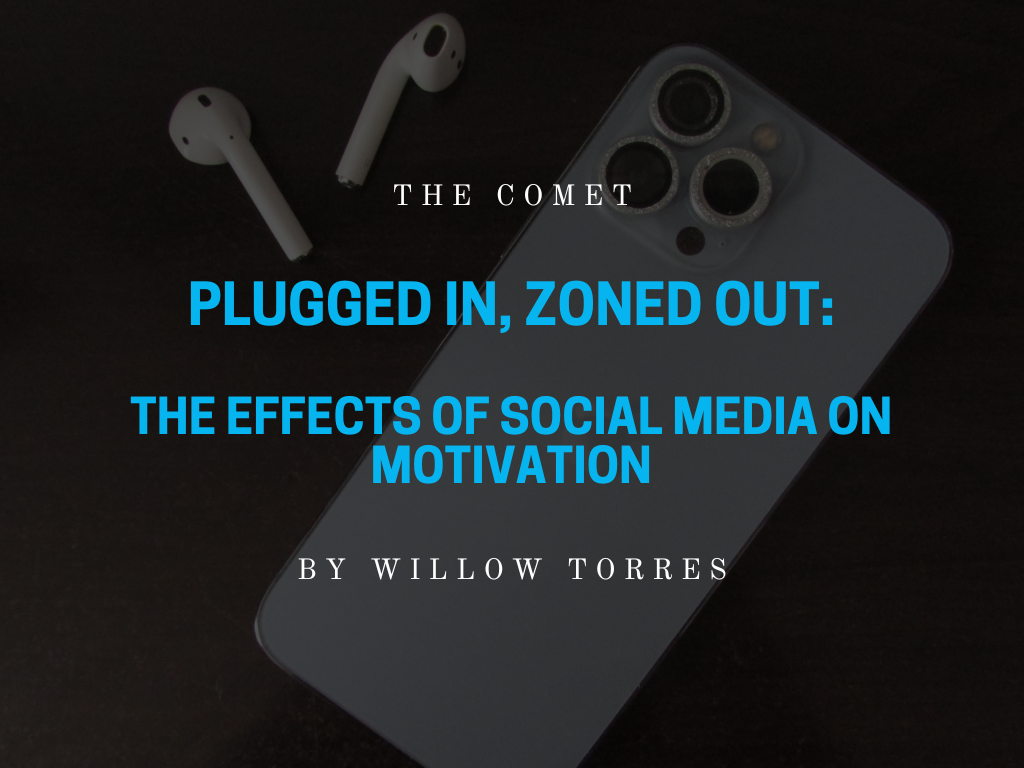At EHHS, students and teachers have mixed thoughts on Flex Block — a period built into the school day to provide academic support and personal time. Originally, it was designed and implemented into our schedule to help students catch up on work and receive extra help. Flex Block has been part of the schedule for several years. But now, some are questioning whether it’s truly effective or just a waste of time. However, several years after it was added to the schedule, both students and teachers have mixed opinions about its effectiveness.
Freshman Alexandrea Penkrat shared a positive view of Flex Block, saying it has already made a significant difference in her first year at EHHS. “Flex is really useful for making up work and retaking tests,” Alexandrea said, “If we didn’t have it, I think a lot of students would fall behind.” She explained that Flex helps her catch up on assignments, get one-on-one help from teachers, and improve her grades — especially when she’s feeling overwhelmed. While she admitted that some students treat it like free time, she believes many use it for academic purposes and depend on that time to stay up to date. “I like having Flex. I think we should keep it,” she added, “It gives us time to catch up without being so stressed, and it really helps people who might be too shy to ask for help during class.” Alexandrea believes the school should focus on improving Flex Block, not removing it.
Sophomore Gabby Dion also finds Flex Block to be a helpful and necessary part of the school day. “Flex gives me time to breathe and get work done,” Gabby said, “If we didn’t have it, I’d feel more stressed and probably fall behind.” She thinks that Flex is often more effective than doing schoolwork at home — especially for students with responsibilities outside of school or those who struggle with time management. “I actually get more done during Flex than I would at home,” she added, “It keeps me focused because it’s a structured time just for schoolwork.”Gabby worries that removing Flex Block would make it harder for students to stay on top of assignments and could negatively affect academic performance.
Junior, Jasmine Cortez, sees Flex Block as an important part of her school day. “Flex is really helpful for getting work done and raising my grades,” Jasmine said, “If I’m struggling in a class, that extra time can make a big difference.” She also thinks Flex is a mental break. “Even if I don’t always have a ton of work, just having that quiet time to breathe helps a lot,” she added. Jasmine believes Flex Block benefits everyone in different ways and supports keeping it in the schedule. “Taking it away would hurt more students than it would help,” she said.
Senior Mya Zindani shared that Flex Block has helped her manage her time and workload throughout high school. “Flex has helped me keep my workload under control,” Maya said, “It gives me time to focus and get things done during the day instead of having to take everything home.” However, she expressed frustration with strict rules during Flex, such as not being allowed to use phones or headphones — even when she has no work to do. “If I don’t have anything to work on, I’m just sitting there,” she said, “It would be more helpful if we had the option to listen to music or do something quietly instead of just sitting in silence.” Despite these concerns, Maya supports keeping Flex but believes the rules should be more adaptable. “Not everyone has the same schedule or responsibilities, and the rules should reflect that,” she said, “I think Flex should stay, but it needs to be more flexible.”
EHHS science teacher, Ms. Jessica Bohan, views Flex Block as an important part of the day that supports both academic success and student well-being. “Flex provides a much-needed break from constant academic pressure,” Ms. Bohan said, “It’s a chance for students to catch up, ask questions, and really take control of their learning.” She believes in the importance of office hours during Flex, noting that students who can’t stay after school benefit from having built-in support during the day. “Flex gives them a chance to get that support, which can make a huge difference,” she said. Ms. Bohan believes that removing Flex would leave students without critical academic and emotional support.“If we remove Flex, we lose a time that helps students stay organized and connected to their teachers,” she said, “It’s not just helpful — it’s necessary.”
EHHS teacher, Mr. Fred Parcesepe, shared a more mixed view of Flex Block. While he sees benefits, he also believes that many students do not take the time seriously. “Flex can be useful, but a lot of students just don’t treat it as part of their education,” Mr. Parcesepe said, “It sometimes feels like another thing we have to manage, instead of a time that’s truly helping them learn.” He believes that students learn the most from Flex, especially through office hours and built in as a quiet time. “Some students really benefit from that quiet time to talk to teachers or just reset,” he said, “It gives them space they don’t always get during regular class periods.” Mr. Parcesepe believes the power of Flex depends largely on students’ individual attitudes. “Flex could be great if more students used it the right way,” he added, “It really comes down to how seriously they take their education.”
As students and teachers at EHHS reflect on Flex Block, it’s clear that opinions are mixed. While some see it as a basic support system, others believe it needs improvement or clearer rules. Whether Flex Block stays, changes, or disappears altogether, one thing is certain — the conversation about its importance is far from over


